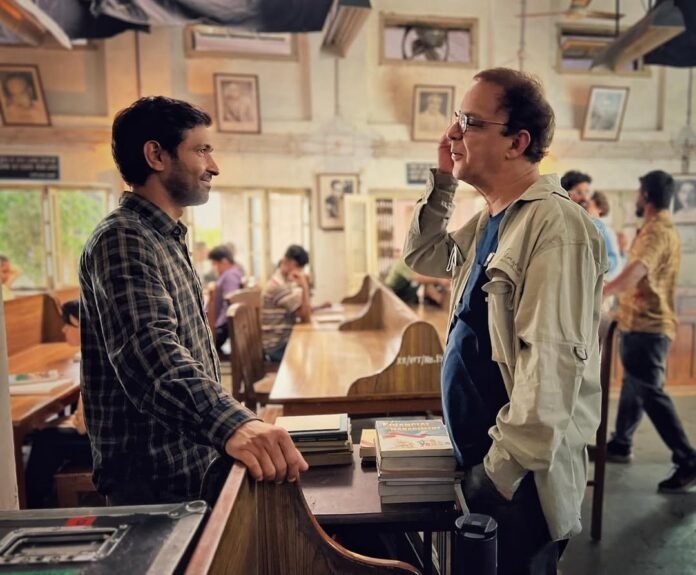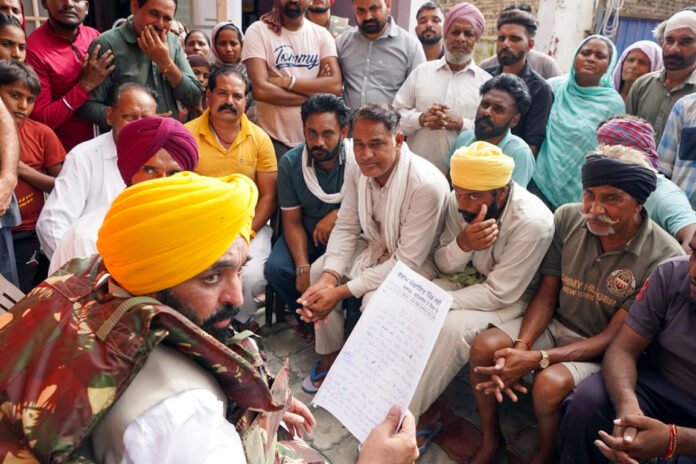India Keeps Close Watch on Anti-Immigrant Protests in Australia
India is actively monitoring recent anti-immigrant protests in Australia, according to the Ministry of External Affairs (MEA). The Indian government is in touch with Australian authorities and Indian community organizations there to stay updated on the situation.
India’s High Commission in Australia had already shared Indian community concerns with the Australian government before the protests started. Australia responded by acknowledging these concerns and stating that the protests are a matter of concern for the country’s diverse communities.
Addressing the media, MEA spokesperson Randhir Jaiswal explained that the protests happened across several Australian cities on August 31. He shared that the Indian High Commissioner and consulate officials in Australia kept in close contact with both the Australian government and the Indian community there. The Indian government has a large diaspora in Australia, nearly one million people, and they take these issues seriously.
Jaiswal added that many Australian political leaders, including both government and opposition figures, voiced support for Australia’s multicultural identity. They recognize the important contribution of Indian Australians to the country’s growth and development. India also emphasizes that diversity is its strength and maintains strong ties with Australia through its comprehensive strategic partnership. Protecting the welfare of Indians abroad remains a priority for the Indian government.
The protests in Australia on August 31 saw thousands rallying in major cities, carrying Australian flags and calling for a reduction in migration. The organizers named the event “March for Australia” and demanded limits on immigration, citing concerns over rising living costs and housing affordability.
In Melbourne, clashes broke out between protesters, counter-protesters, and police. Some anti-immigration protesters were seen opposing others who called it racist and expressed their support for multicultural Australia. The protests coincided with pro-Palestinian marches, where activists voiced opposition to racism and criticized the Australian government’s refugee policies.
In Sydney, an estimated 8,000 people took part in a rally, chanting patriotic slogans like “Aussie, Aussie, Aussie! Oi, oi, oi!” Some demonstrators highlighted issues such as cost-of-living and housing crises, calling for “taking our country back” from migrant groups. Similar protests occurred in Brisbane, where many expressed dissatisfaction with Prime Minister Anthony Albanese’s government.
The Australian government and police have condemned the protests, labeling some scenes as “awful” and describing some participants as “known racists.” Meanwhile, anti-fascist and pro-multicultural groups also joined the streets in Melbourne, standing up against racism and xenophobia.
India continues to follow these developments closely, reaffirming its commitment to supporting its diaspora and emphasizing the importance of multiculturalism and diversity. The Indian government remains in contact with Australian authorities and community organizations to ensure the safety and well-being of Indian nationals in Australia.



